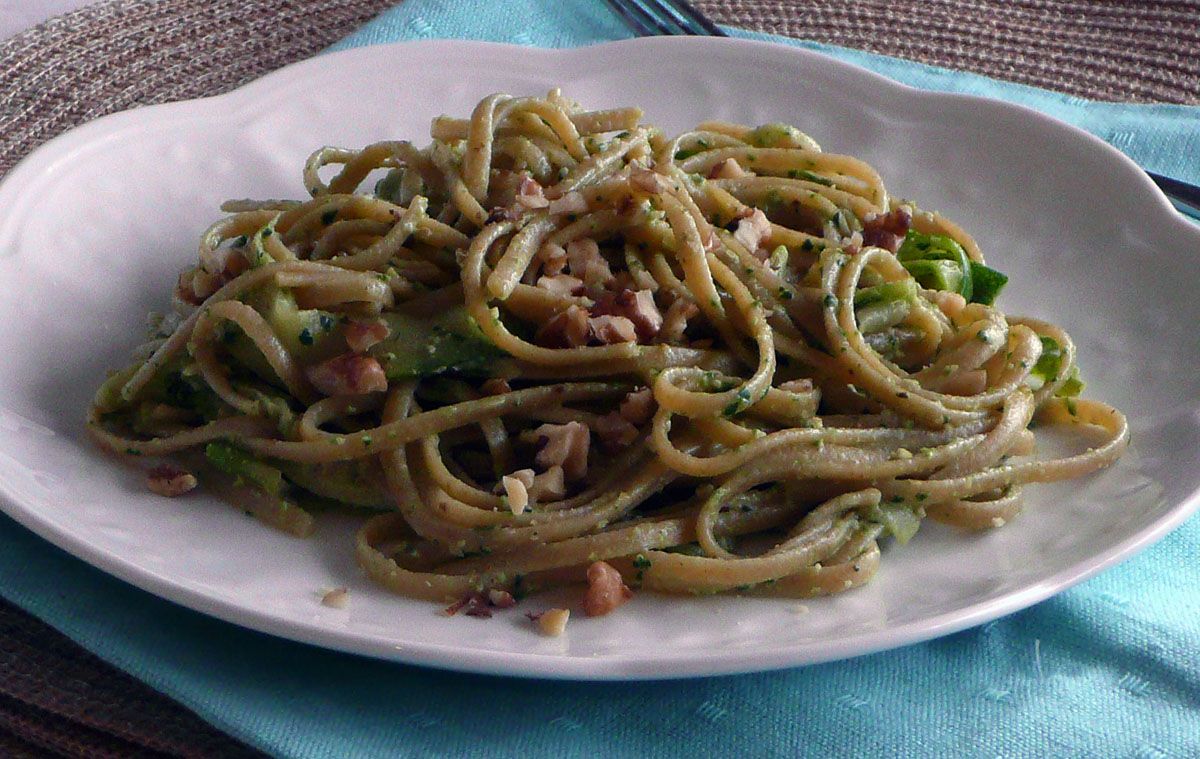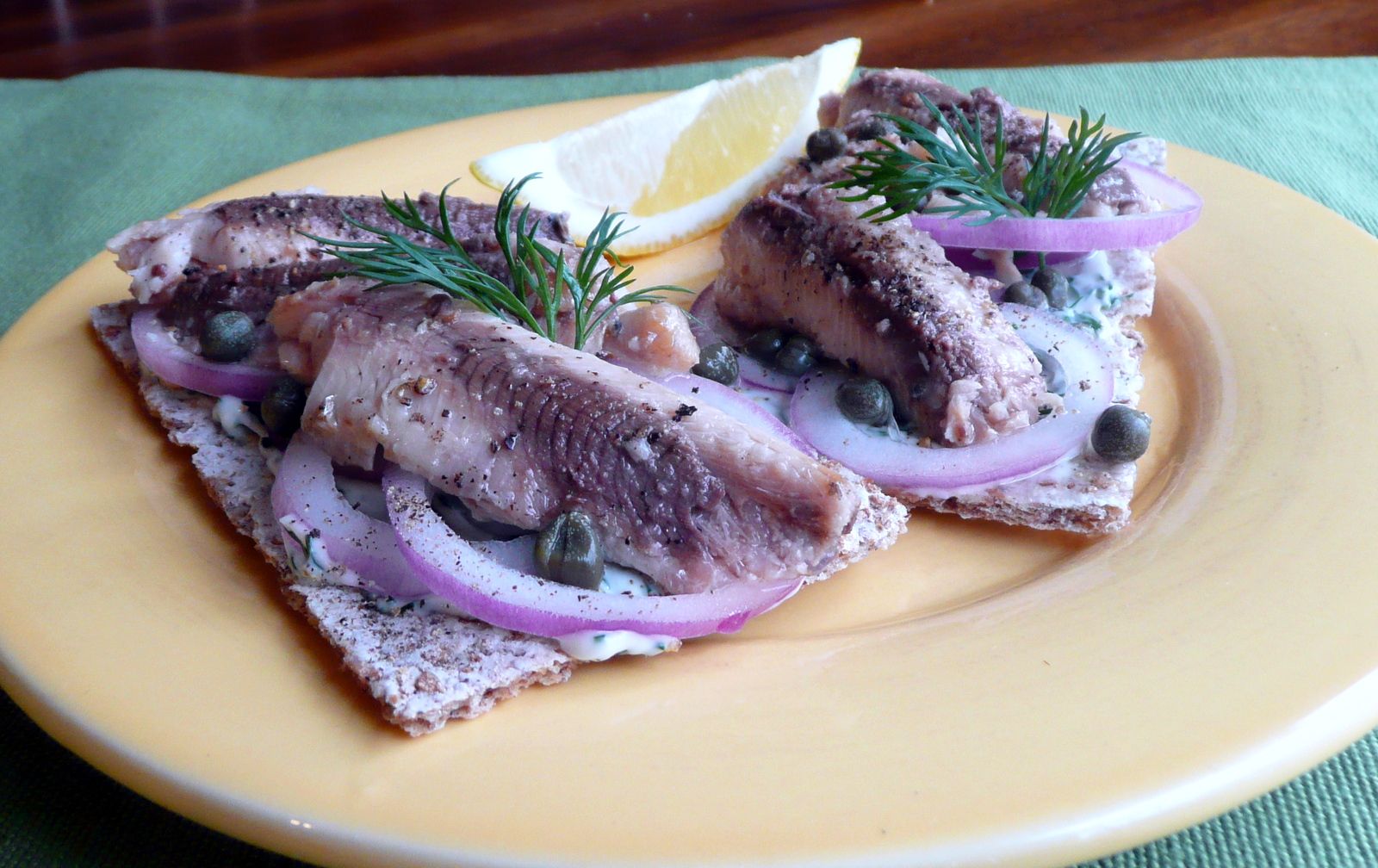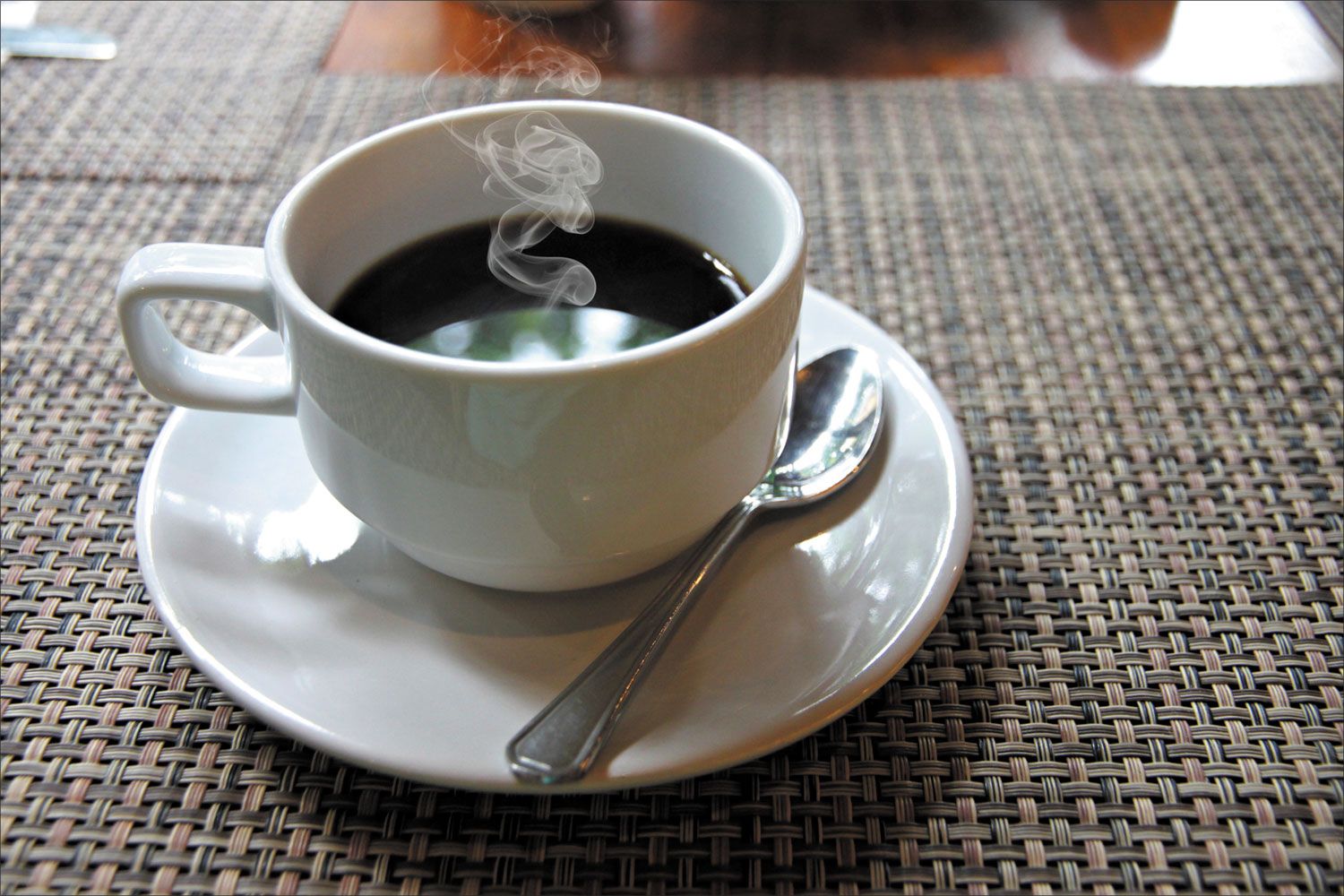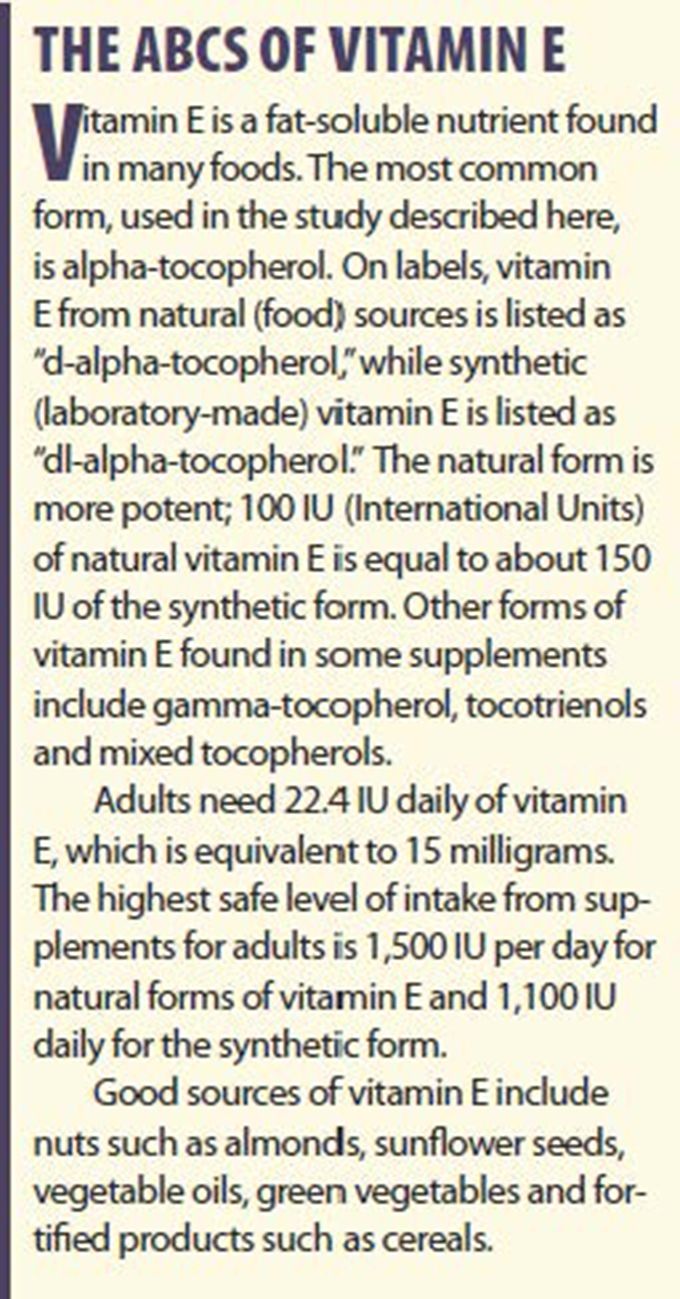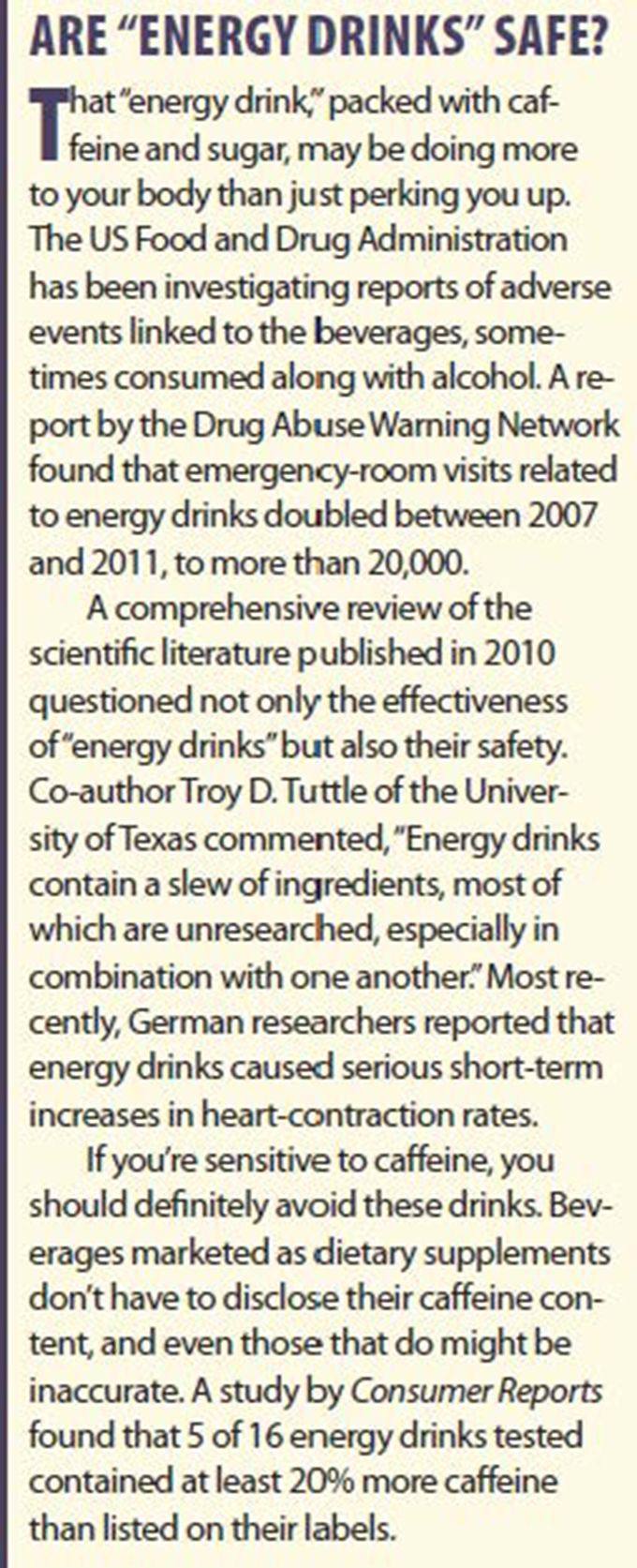Whole-Wheat Pasta With Spinach-Walnut Pesto & Zucchini Ribbons
Nothing beats pesto for a simple and satisfying pasta sauce. Classic pesto is made with basil and pine nuts, but it is a very flexible recipe. You can substitute other herbs and even tender leafy greens, such as spinach and arugula, for basil. Various different types of nuts also work well; walnuts are an easy way to boost omega 3s and antioxidants. The trick to creating a generous-looking portion of pasta without piling on the calories is to stretch the pasta with pasta-like strands of zucchini. 1 oz whole-wheat spaghetti has 100 calories, while 1 oz zucchini has just 5 calories!
Eat Sardines!
There are plenty of good reasons for eating sardines. They are one of the best sources of omega 3s, which are so important for brain and heart health. Sardines also supply calcium and are one of the few foods that are naturally high in Vitamin D. They are considered one of the most sustainable seafood choices, and of course, you cant beat inexpensive canned sardines for convenience. So, stock up and enjoy sardines often. Here are some appealing ways to embellish a humble can of sardines.
Q. How much green tea should one consume daily to get the benefits I...
A. Jeffrey Blumberg, PhD, director of Tufts HNRCA Antioxidants Research Laboratory, answers: The health benefits associated with drinking tea (green, oolong or black) are...
Habitual Caffeine Consumption Does Not Increase Risk of Atrial Fibrillation
Contrary to long-standing concerns about the stimulant effect of caffeine sparking atrial fibrillation, a new analysis concludes that its unlikely habitual caffeine intake from coffee and other dietary sources increases risk. In fact, the pooled analysis found that atrial fibrillation risk fell with increasing caffeine intake.
Were Eating Better, Regardless of Economy
Its not just the recession thats led to improvements in the US diet, according to a new analysis in the American Journal of Clinical Nutrition. Beyond merely cutting back for pocketbook reasons, Americans are choosing to consume fewer calories and obesity rates are leveling off. The study used sophisticated statistical tools to control for changing economic conditions over the past decade, including unemployment rates and food prices. Calories declined more in beverages than food choices,…
Whole Grains Gaining
Americans are slowly getting the positive message about whole grains, but we still have a ways to go, according to a new University of Minnesota study of data on more than 9,000 people from a national nutrition survey. The study, funded by General Mills, found that ready-to-eat cereals, oatmeal and breads and rolls accounted for about two-thirds of whole-grain intake. Only 7.7% of adults, however, consumed at least the recommended three ounce equivalents daily, and even fewer children were getting enough.
Pennies Plus Info Discourage Soda Sales
mall price changes and point-of-purchase labeling may have big effects on consumers beverage choices, according to an experiment in the cafeteria of a large financial institution.
Quinoa OK for Celiac Patients
Quinoa, the ancient grain thats enjoying renewed popularity, is free of the gluten protein that patients with celiac disease cant tolerate.
What You Need to Know About Vitamin E and Alzheimers
Do recent hopeful headlines about vitamin E and Alzheimers disease mean you should run out and buy vitamin E supplements? Not unless you or a loved one already has mild to moderate Alzheimers-and even then the experts are split. The latest findings, from a study of 613 mostly male veterans at 14 VA hospitals across the country, focused on slowing the progression of the disease, not preventing it in the first place.
What Can You Really Do to Feel More Energetic?
Who hasnt wished for more energy at one time or another? Whether youre feeling the effects of hectic modern life or of aging, its only natural to sometimes think your get up and go has gotten up and gone. Little wonder, then, that food, beverage and supplement companies have filled supermarket shelves with products promising to boost energy. So-called energy drinks, introduced only 17 years ago, today represent a $12.5 billion industry. Energy bars rack up more than $700 million in annual sales. Dietary supplements promise timed-release energy, energy therapy and energy revitalization.





























